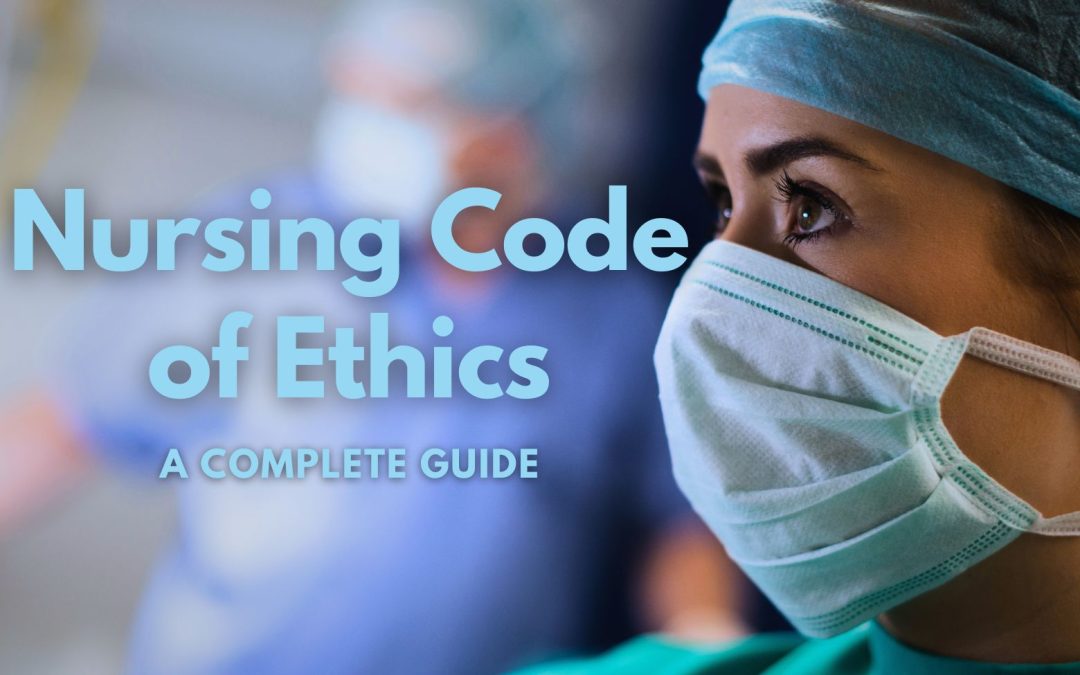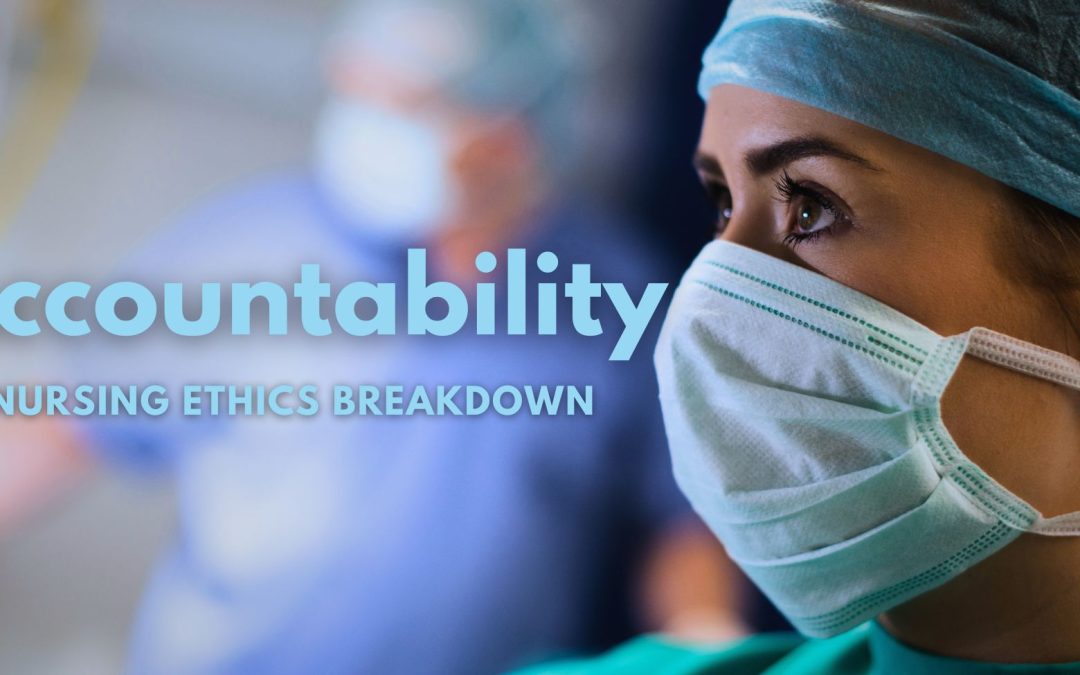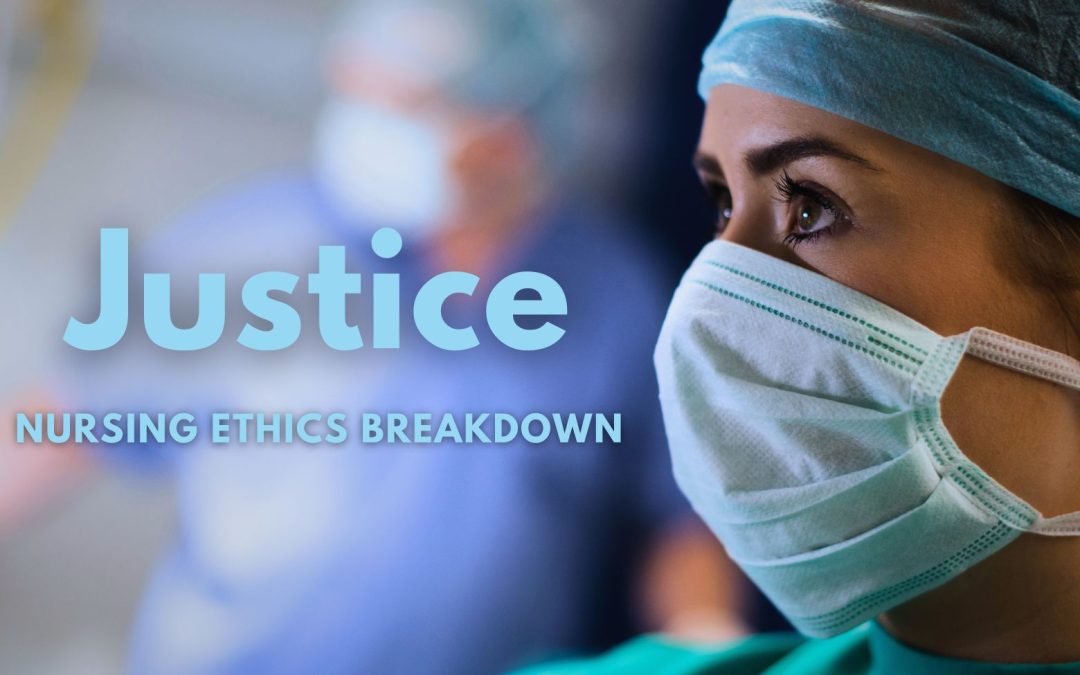What Can Be Done to Address Ageism in Healthcare?
Physical Strength
Solutions to this may include acquiring equipment designed for an ageing workforce such as hydraulic lifts over beds.
Technology
Solutions to this may include additional hands-on training for aging nurses in order to learn the way new technology works at their own pace. Aging nurses can be just as “tech savvy” as younger nurses, they may just require more time and training.
Pay
Solutions to this may include taking the aging nurse’s loyalty and years of service into account when establishing pay rate. Consider the advanced training they may have completed.
The older nurse may come with a higher price tag, but the education they can pass on to new staff is invaluable.
Human Resource Policies
Evaluate your facility’s human resources policies that may highlight outdated assumptions about older workers and reject any age stereotypes just as you would regarding race, culture, disability, etc.
It is important to place high value on the aging nurse workforce and keep them happy as they are the individuals that assist in training the new nurses coming into the healthcare facility and it is always better to have the most experienced nurses on staff for this training.
Knowing the new nurses will be properly trained will help the facility achieve their goals and improve patient satisfaction as well when it comes time for the older nurses to retire.










